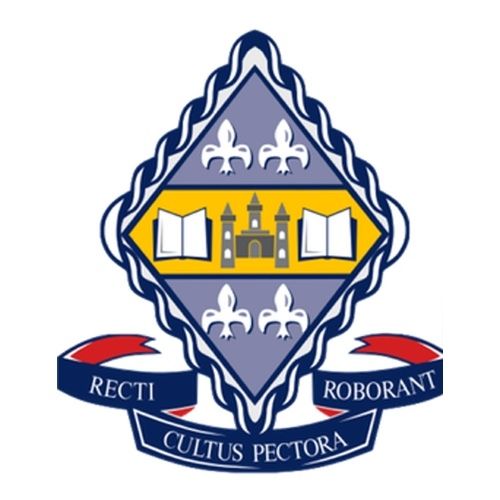
Otago University Young Women in Leadership 2021
The Young Women in Leadership programme was a great opportunity and experience for us. It consisted of two workshops where specialists showed us the ropes of leadership and gave us guidance to plan for and deliver a small scale project. That was the other part of the programme in which we had to plan a project which was conducted over March and April.
The first workshop was all day on Friday the 12th of March at the Centre of Innovation at the University. We had to bring a poster on what leadership meant to us and this sparked conversation amongst everyone in the room. We learnt how to ‘develop ourselves’ finding out our strengths and passions and how they connected to our leadership identities. We talked about different leadership styles, that leaders do not need to be extroverted go-getters, but they can also be quiet and collaborative. We then brainstormed project ideas and met with mentors who could guide us along the project process. Our group, which was made up of girls from all over Otago, was passionate about sports so we decided to create a survey to find out the main factors that affect sport participation and send them out to our schools.
Ranisha Chand, a human rights activist who was in the New Zealand Youth UN and an ambassador for Shakti Youth talked to us about her experiences and gave us advice on how to find our leadership styles. It was very insightful and she was proof of what amazing female leadership looks like. We also talked about how to connect to our peers as a leader and different ways of communication that come with being a leader. Then we touched on ethics and how it plays a big role in who we are as people and the way we lead.
Throughout April and March, our group put together the survey, sent it out to our schools, processed all the data and turned it into a presentation. The main focus of the second workshop was presenting our projects. This was a great experience because we had to go out of our comfort zones and present in front of a room of people. It was great watching everyone’s presentations and finding out about their projects.
Over the course of the second workshop, we evaluated how we thought our projects went. We talked about what we in our groups could improve on, keep doing, stop doing and start doing. This included things like not giving up when facing obstacles, improving on our communication skills and that taking the first step is scary but is a trait that good leaders have. It was a great programme and a great experience. I learnt so much about leadership, and that you don’t have to be bossy or loud but you can lead by example. I also met so many new people and have opened up myself to so many new opportunities in and out of leadership. I would strongly recommend this programme to people looking to become better leaders.
By Isy Parry
Young Women In Leadership was a fantastic opportunity to learn more about yourself as a person and a leader. At first we weren’t exactly sure what we were getting ourselves into as it was a two day course with five weeks in between. We found ourselves in mixed groups with different schools and with a particular topic. We realised we would be working together with our groups to express our leadership skills in an alternative way.
We learnt that you don’t have to be your typical leader such as a prefect and you can actually just lead in the background which they called “quietly leading”. We erased stereotypes in leadership and created our own version of what leadership looked like. A few university students came in to present their takes on leadership, which helped us uplift each other and become confident in who we are.
Seven groups were provided with a mentor to guide us through the experience to create a group project to hopefully make a difference and to be independent. We then had to present what we did to the rest of the group. Some of the groups created an Instagram page called ConnectCulture to express peoples cultures and identity, another group taught primary school kids on what the subject drama is like in high school, there was a Youtube page, posters how to help people through things and multiple surveys that were sent to various schools. Overall we all really enjoyed this experience as it was empowering and taught us life long skills we can use in our futures.
By Sarah Botting
